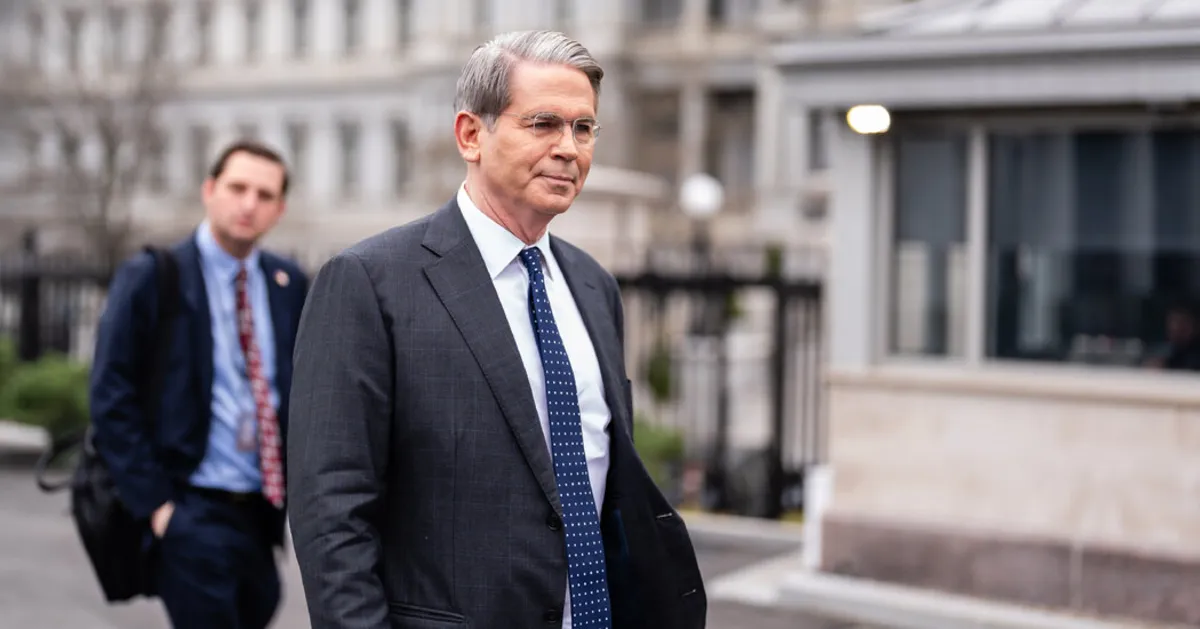
On Wednesday, Treasury Secretary Scott Bessent urged for significant overhauls to the missions of the International Monetary Fund (I.M.F.) and the World Bank. Speaking at a pivotal event during the spring meetings of these vital global economic institutions, he reaffirmed the United States' commitment to maintaining its leadership role despite rising concerns about potential withdrawal, particularly in light of the Trump administration's recent economic policy shifts.
Bessent's remarks come at a critical juncture, as policymakers are increasingly worried that the Trump administration might reconsider the U.S. involvement with the I.M.F. and the World Bank. The administration's approach has significantly altered the global trading landscape, and its stances on climate change, international development, and economic equity often clash with the perspectives of other member nations.
During his address to the Institute of International Finance, Secretary Bessent criticized the I.M.F. for suffering from what he termed "mission creep." He emphasized that the fund, which was originally dedicated to fostering global monetary cooperation and ensuring financial stability, has diverted substantial time and resources towards issues such as climate change, gender, and social issues.
“These issues are not the I.M.F.’s mission,” Bessent stated, arguing that this shift in focus has overshadowed the I.M.F.’s primary economic objectives. He advocated for a return to the organization’s core mission to better serve its member countries.
In addition to his comments on the I.M.F., Bessent also delivered pointed criticism of the World Bank, particularly its heightened emphasis on combating climate change under the current Biden administration. He asserted that the bank should no longer expect "blank checks for vapid, buzzword-centric marketing" coupled with insubstantial commitments to reform.
“As the bank returns to its core mission,” Bessent urged, “it must use its resources as efficiently and effectively as possible. And it must do so in ways that demonstrate tangible value for all member countries.”
Despite his criticisms, Bessent did express support for the World Bank's recent plan to reassess its restrictions on lending for nuclear energy projects. He acknowledged the importance of this initiative as part of broader efforts to enhance economic development and job creation worldwide. Under the leadership of Ajay Banga, the bank has aimed to prioritize private sector engagement in various projects, aligning with its core mission of fostering economic growth.
As discussions continue about the future of the I.M.F. and the World Bank, Bessent’s call for reform highlights the ongoing challenges facing these institutions and the need for a renewed focus on their foundational roles in promoting global economic stability.